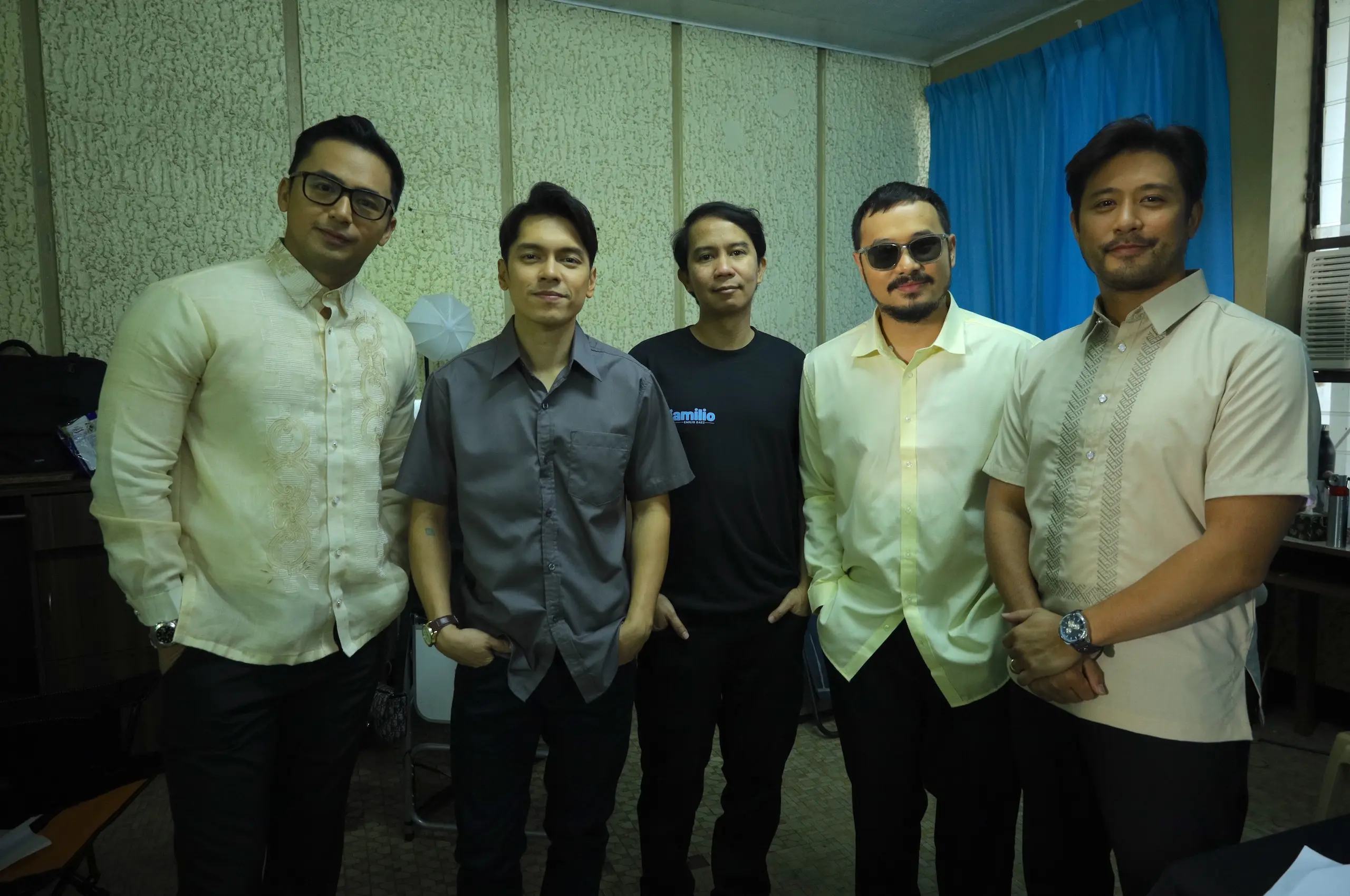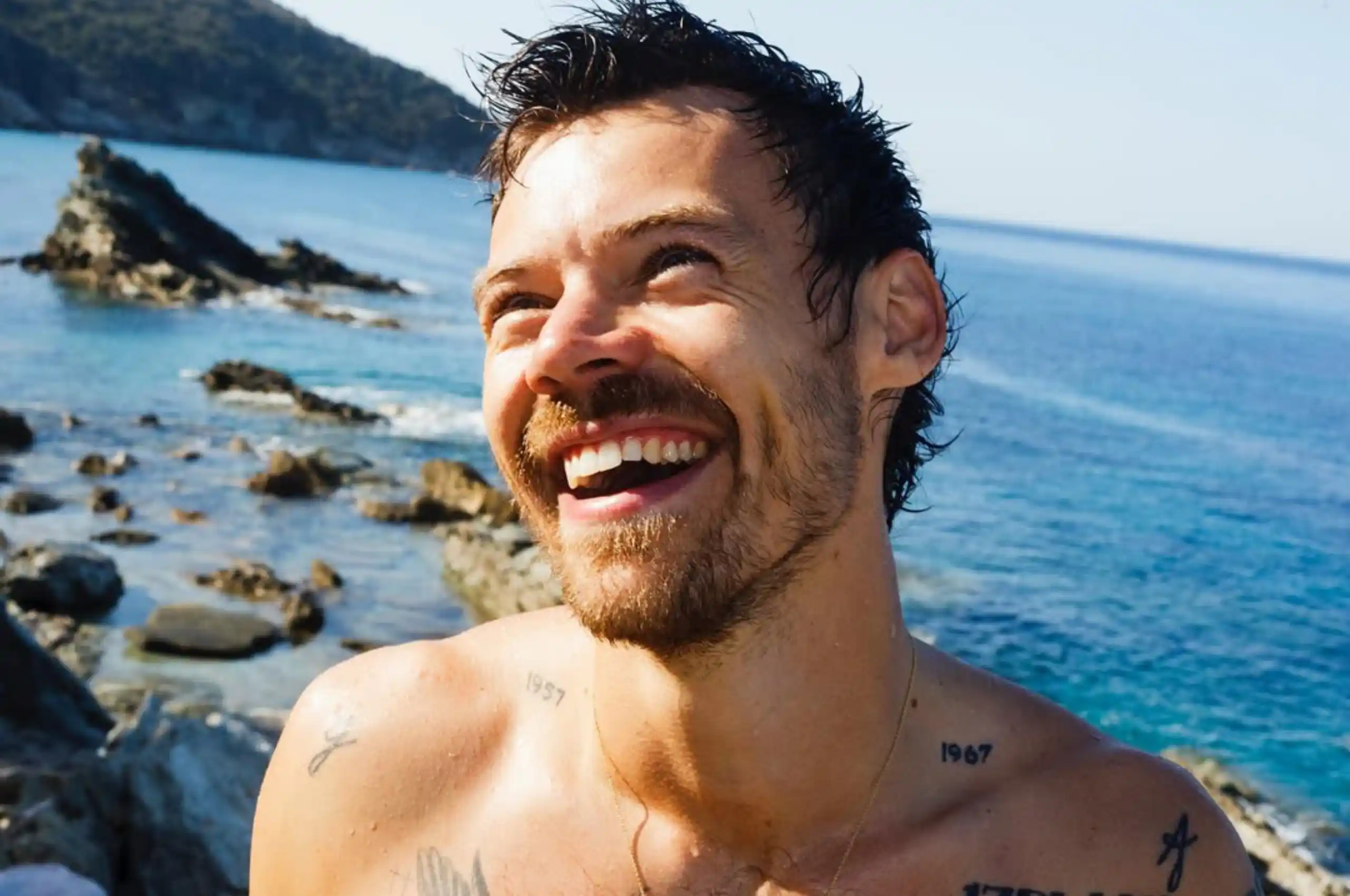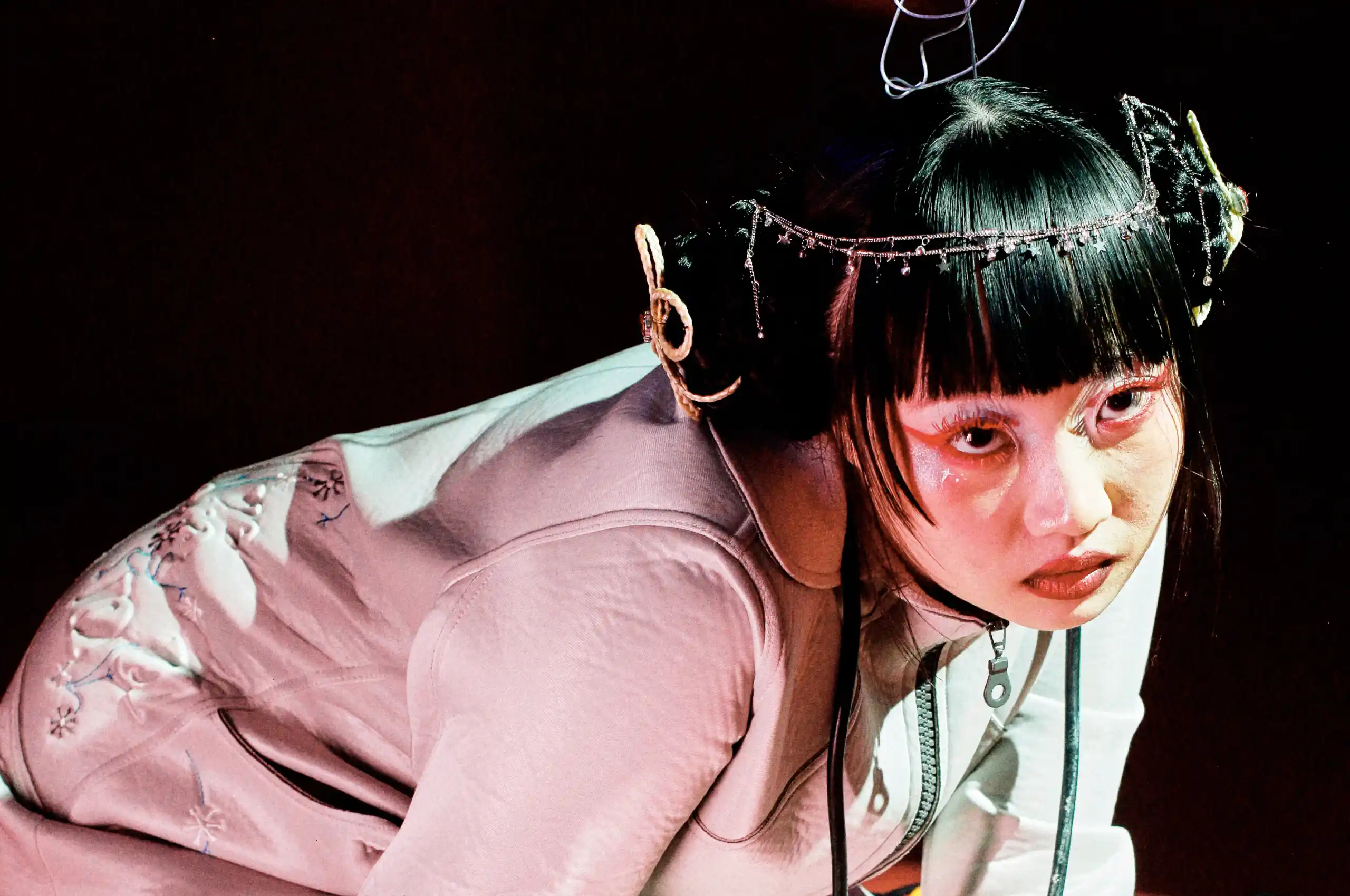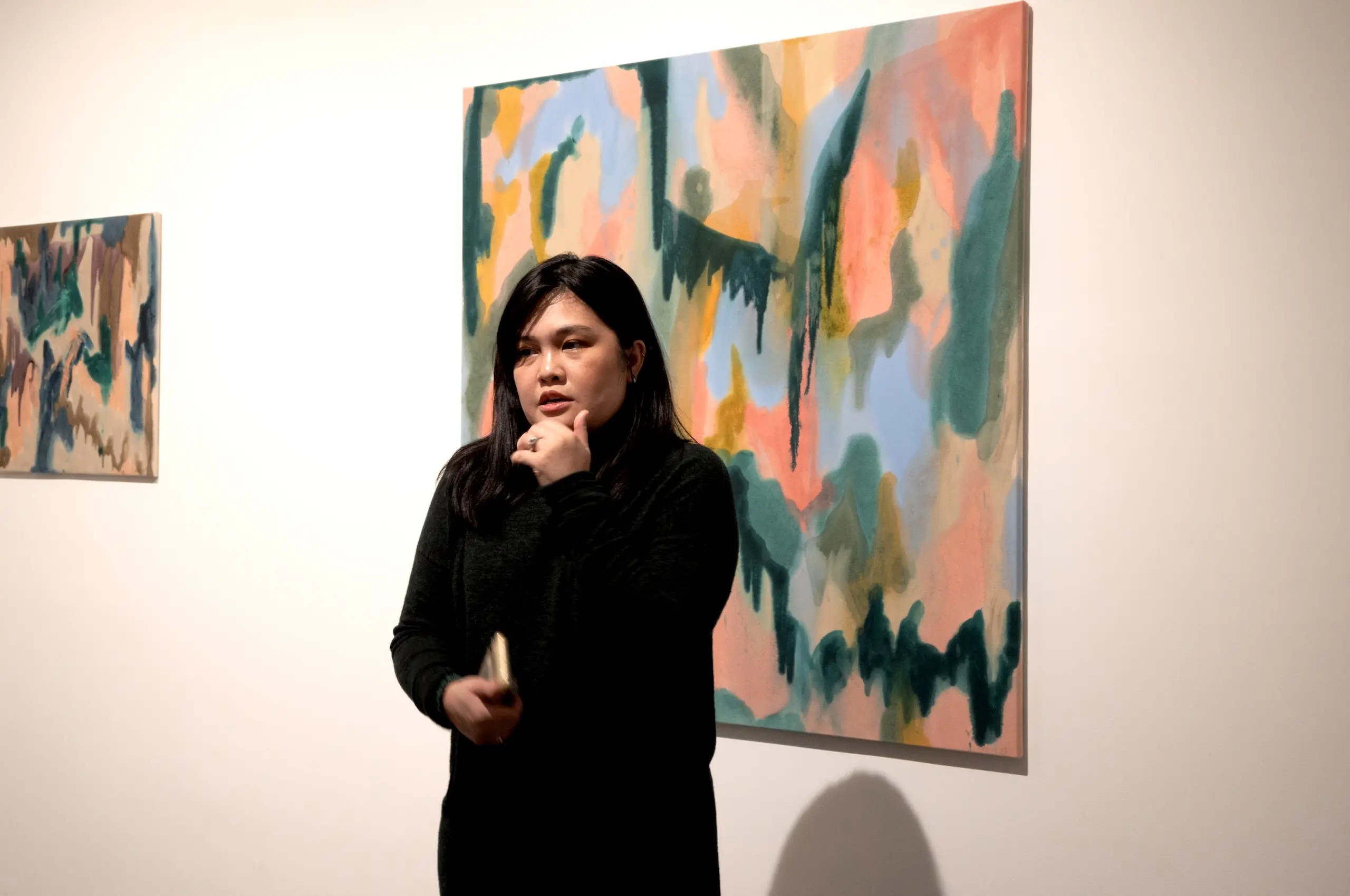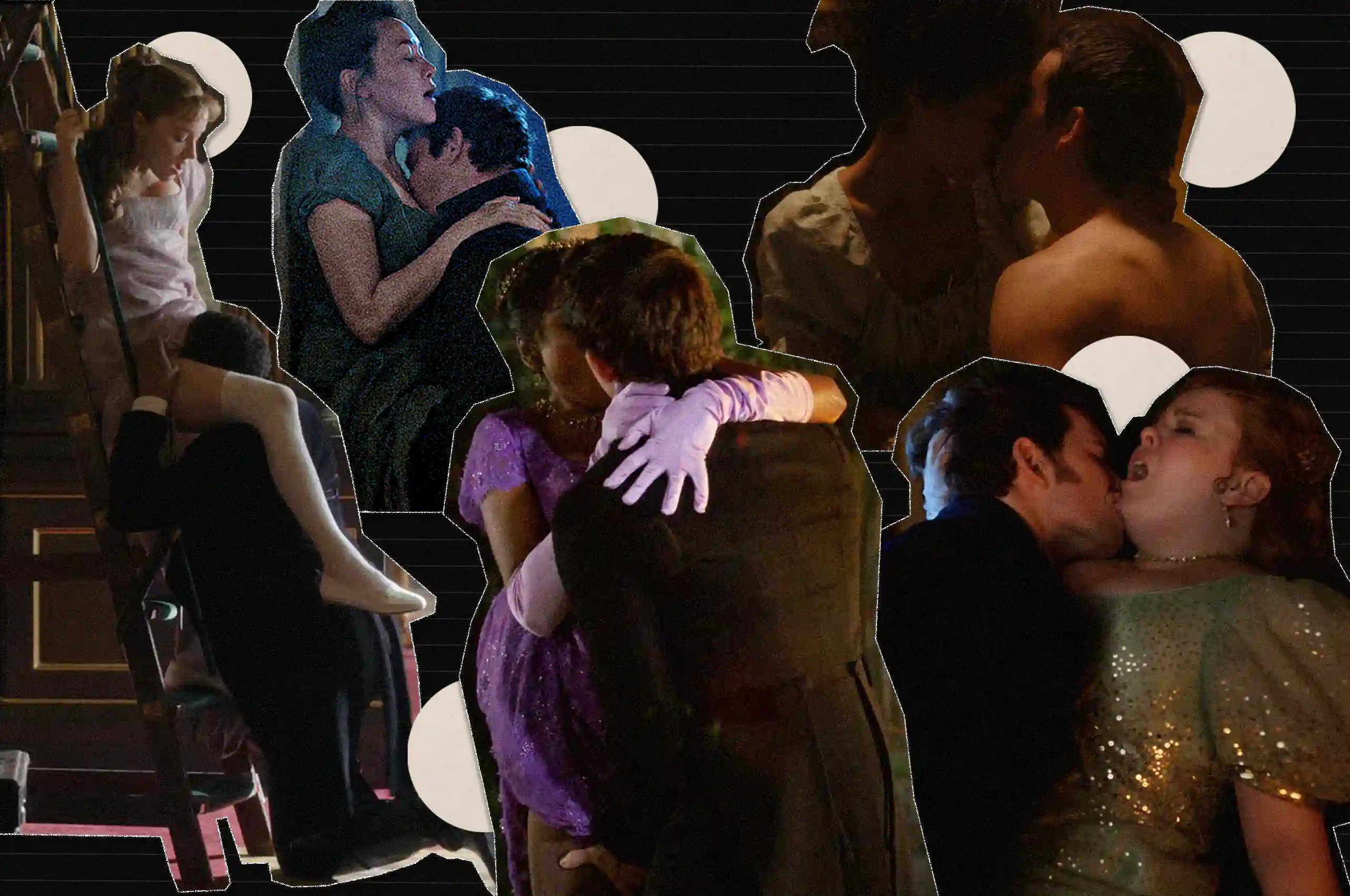Kip Oebanda wrote the original script for Bar Boys in a 17-hour frenzy.
The director and writer had just started making movies, and he, along with a group of director friends, was rushing to submit anything before the deadline for film festival Pista ng Pelikulang Pilipino (PPP). “Sinali namin sa PPP, not knowing if it was gonna get in or not,” Oebanda told Rolling Stone Philippines.
But Oebanda’s movie did make it into the festival’s 2017 lineup of official entries, and it has since become one of those cult films that has steadily carved out its own loyal following. The law school comedy-drama follows Torran (Rocco Nacino), Chris (Enzo Pineda), Erik (Carlo Aquino), and Joshua (Kean Cipriano), a group of friends who all try their hand at getting into law school.
At first glance, Bar Boys looks like a classic barkada movie, mixed with some legal jargon, late nights spent studying for the bar, and nightmare professors (Odette Khan makes an appearance as the terrifying Justice Hernandez). But perhaps what continues to draw viewers into the world of Bar Boys is the movie’s ability to tackle the quiet pressures of growing up, family drama, and the social inequalities that create an uneven playing field.
Now, eight years later, Oebanda has returned with the sequel, Bar Boys: After School. While the movie will feature all members of the original cast returning, it also includes a cast of newcomers — including Sassa Gurl, Therese Malvar, and Pinoy Big Brother’s Will Ashley — who will navigate the highs and lows of law school.
As buzz continues to swirl over the highly anticipated Bar Boys sequel, Oebanda sat down with Rolling Stone Philippines to reflect on the unexpected legacy of his first law school drama, how social injustices continue to inform his movies, and how filmmaking can be a form of activism.
This interview has been edited for brevity and clarity.
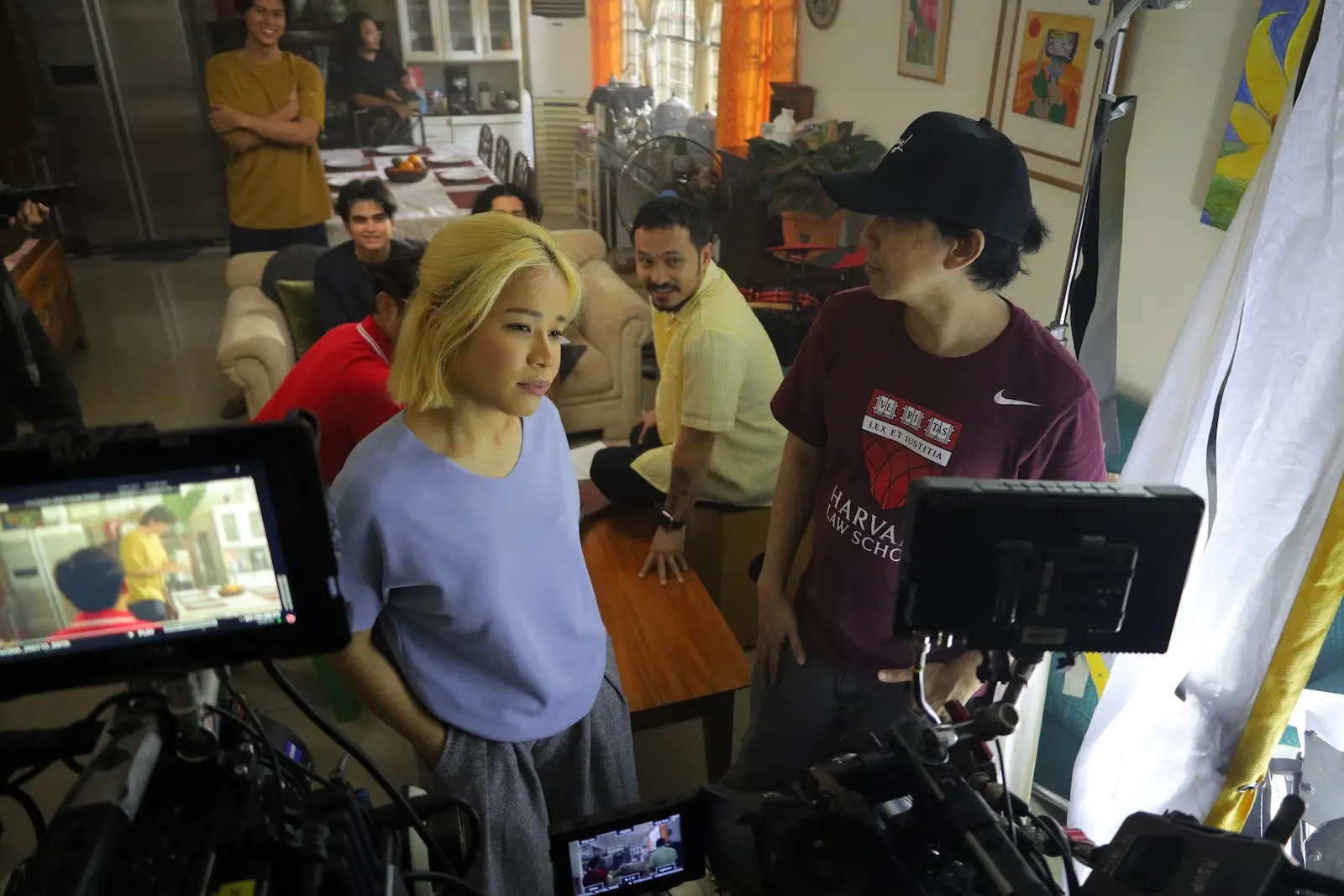
When you were making Bar Boys, did you expect the movie to have as big an impact as it does now?
Absolutely not. [Bar Boys] was a very low-budget film. But then, it won awards. I think na-seal talaga ‘yong legacy kasi I [posted it on my YouTube channel for free] during the pandemic. I didn’t want to do filmmaking anymore at that point. In fact, ganoon pa rin naman ‘yong feeling ko.
At the time, I felt like I wanted to give [Bar Boys] away. We were all so anxious and bored at home. And wala na po-produce ng bagong entertainment kasi hindi naman mo makashoot, so I just gave the movie away on YouTube. Now it has 17 million views. Nagkaroon ng legacy din because of people continuously watching and re-watching it.
May pagka-random ‘yong feeling nung film, in the sense that it doesn’t follow a strict three-act structure, it’s multi-character, and it shifts around. Because nakadesign talaga siya to feel more like a hangout film.
That’s also the design of the second film. You just hang out with these characters and discover their lives.
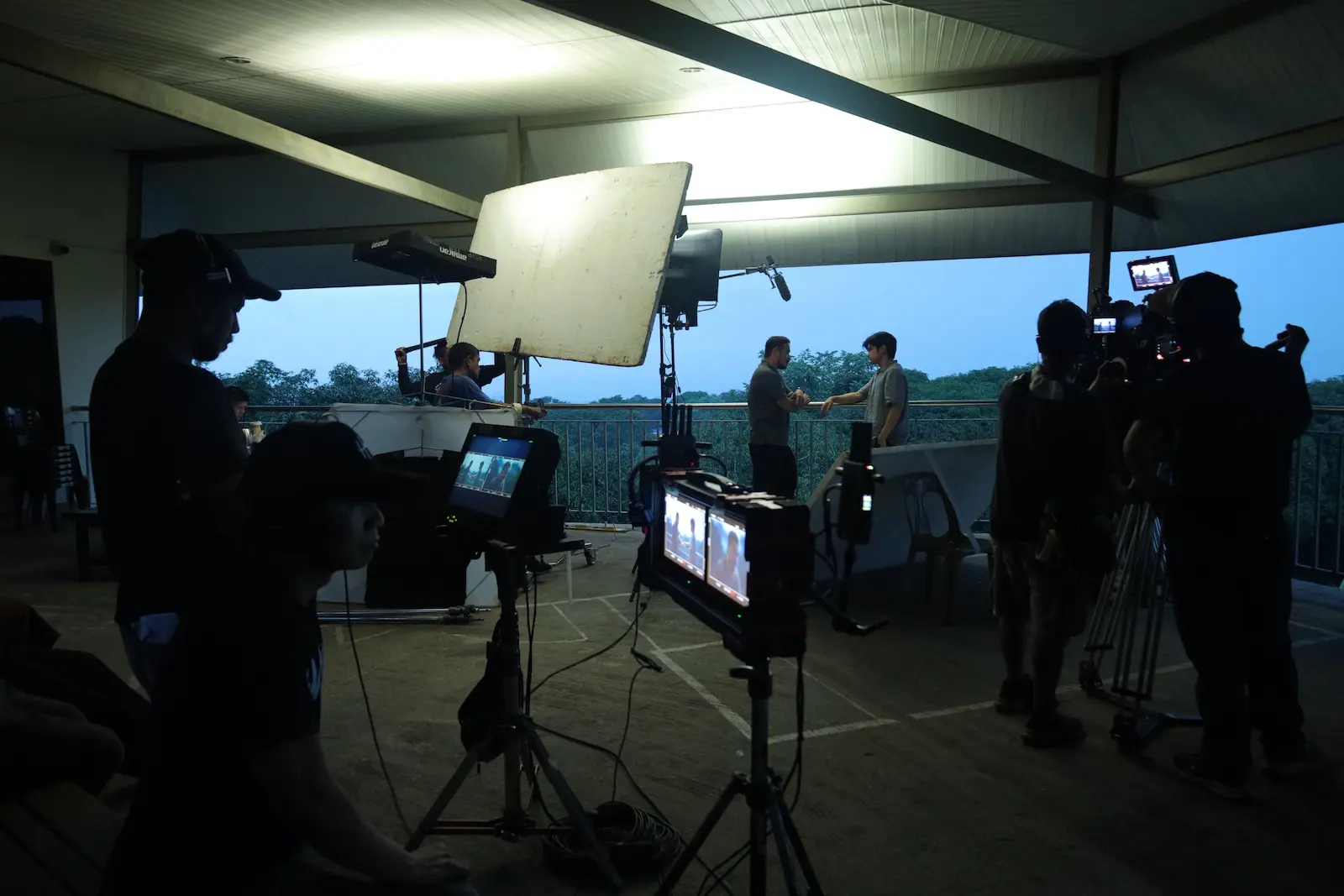
Is there anything you would have changed about Bar Boys?
Oh, yeah. But all the corrections I would have made to the first script have made it to the second. You’ll feel it naman na parang mas may pinagdaanan ng writer.
For example, when I look back at Bar Boys, it feels like a very hyper-masculine portrayal. Sa totoong buhay, hindi naman din ganoon ‘yong mga normal ng mga law school barkada. I would have probably also wanted to explore beyond the dreams of the [barkada] and more of ano ‘yong role ng lawyer sa Pilipinas. I delve into that a little bit more in the sequel.
You’ve mentioned in previous interviews that Bar Boys: After School is a hopeful film and that it will be more focused on mentorship, especially with Odette Khan returning. How so?
[Bar Boys: After School] is really paying homage to not just our mentors, but to this [idea] of what we pass on to the next generation.
Our lives are so short and temporary, and a lot of the things we fight for will not happen within our lifetime, diba? Kaya teacher na rin si Rocco [Racino] in the sequel. He’s mentoring another generation of students na papasok sa law school. Nagkakaroon na element of passing the torch from one generation to another. Ganon din naman ‘yong mga nangyayari sa mga movements, di ba? Whether it’s feminism, or racial equality, or economic equality, or LGBT+ rights, nagkakaroon ka ng one generation that gives way to another generation to continue the fight.
That’s what I pay homage to. But I also recognize how exhausting it is to fight for justice in a country na fundamentally wala siya. Kasi ang dami ko rin nakausap ng mga ganon na over time, pagod na pagod na rin sila lumaban. I’m not gonna shy away from that. But eventually, mabalik ka pa rin sa laban. Nakakapagod, pero hindi sinusukuan.
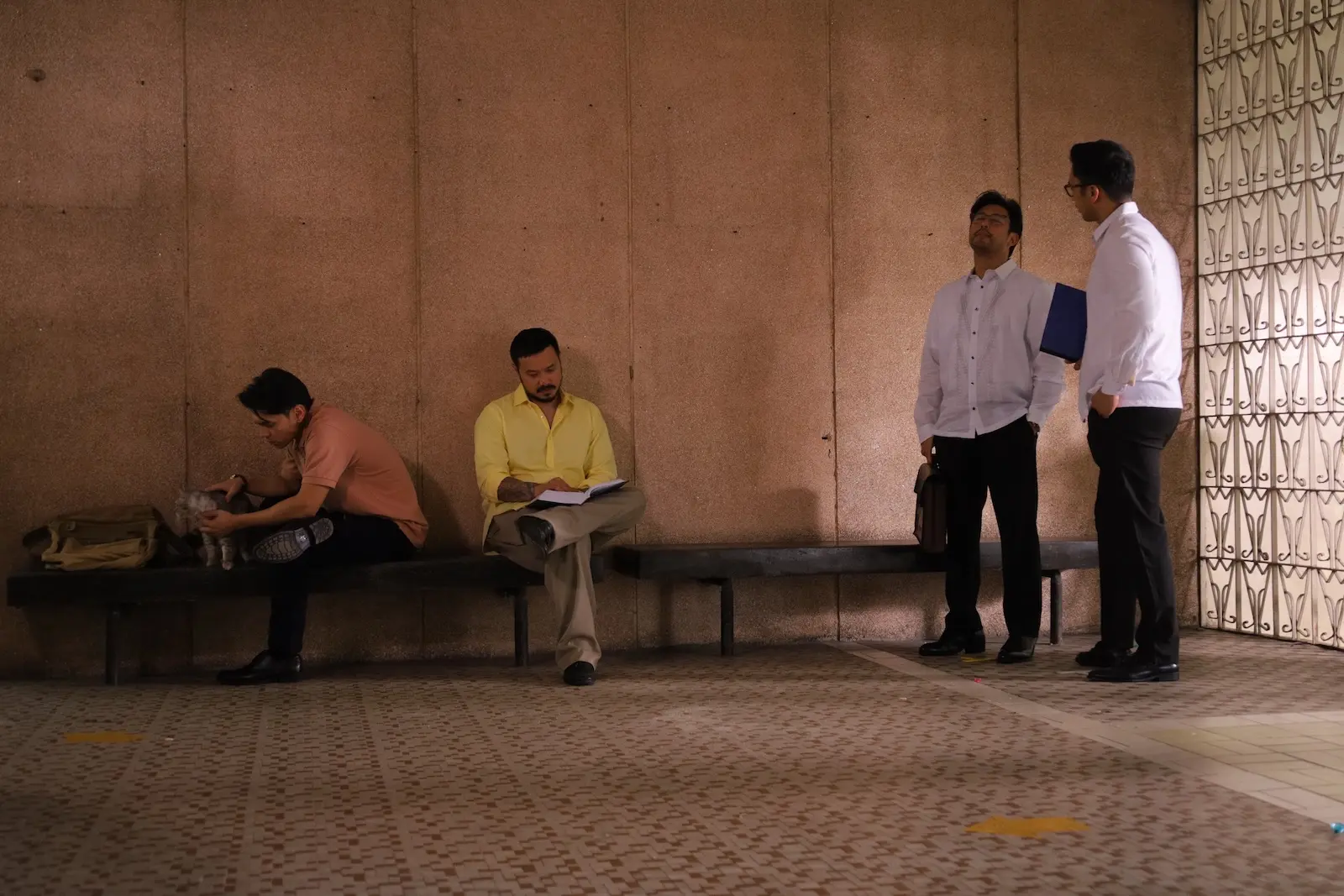
What role will Odette Khan’s character be playing in the sequel?
In the first movie, the original [Bar Boys] were her students… but what is the last lesson we can learn from her, and the older generation? It’s probably not the text of the law or judicial processes, but how to live a full life. In this film, it’s her insights that shift the characters’ perspectives because they’re talking to someone who has no incentive to lie to them. She has no pretenses. She’s helping them make decisions, changes, and ways to pursue things they otherwise wouldn’t pursue. That’s why her role is so central.
What was it like bringing together the original Bar Boys cast with this group of newcomers?
The newer cast — Sassa Gurl, Will [Ashley], and Therese [Malvar] — naka-trabaho ko na. I already know how to direct them, and so madali lang siya kasi nag-gel together.
Naging close naman talaga ‘yong cast in a supportive, calming, fun environment sa set namin. I wanted to create a fun set where they could improvise. There [are] pieces of them in the performance, and you can only really encourage that if they feel encouraged to take risks, if they feel supported by the environment.
Did you feel like you were a mentor to them?
I don’t really feel like I’m a mentor to my actors. When I hire you, we are supposed to be on equal footing. You have your own mind, you have your own artistry na pinapasok mo into the film. So we learn from each other but I don’t really see myself in a mentorship position. I don’t even like getting called “Direk” on set! When my actors talk to me, first-name basis kami. I don’t like hierarchical institutions.
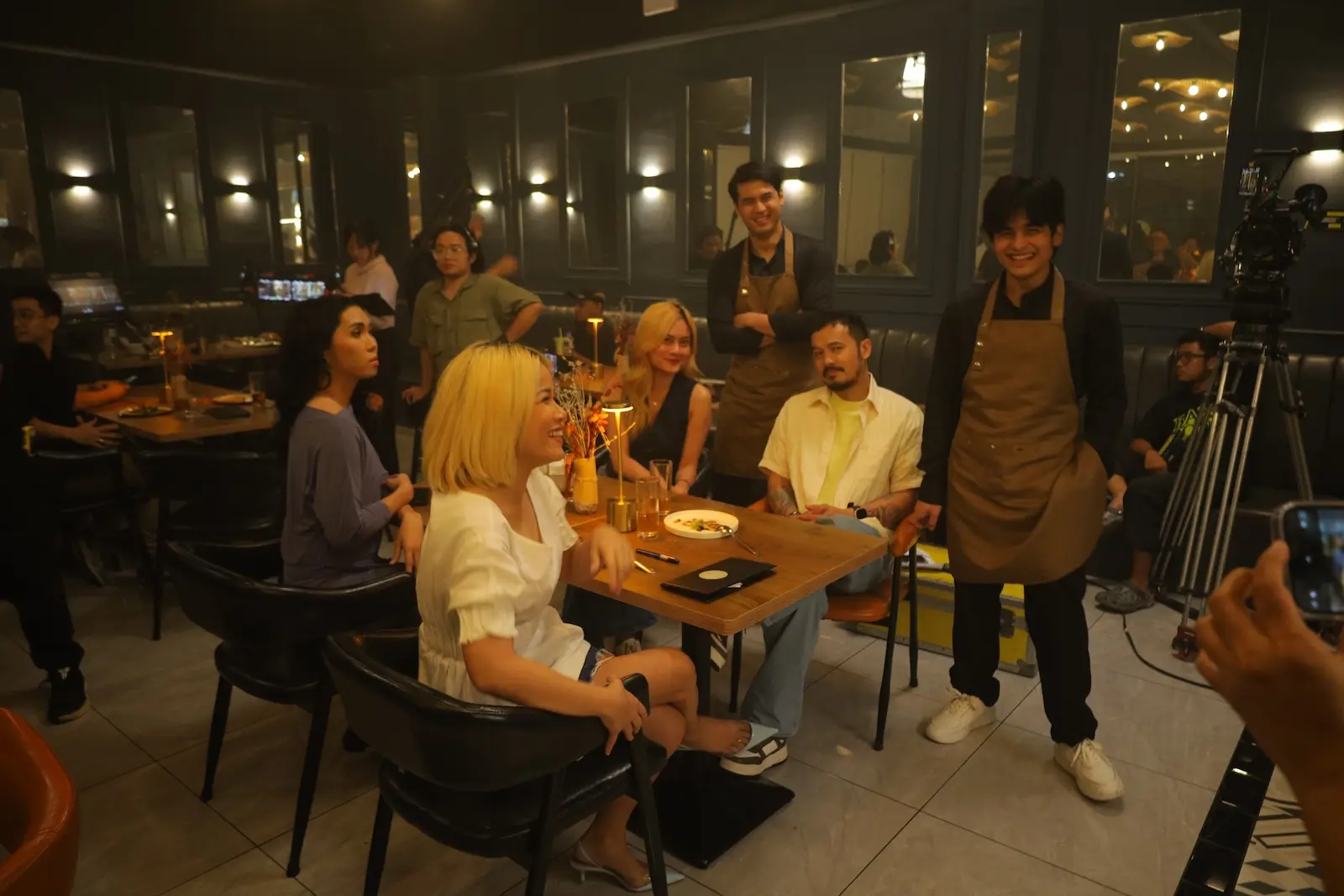
This new cast also sees more women and queer characters compared to the first movie. Was this an intentional narrative choice?
Yes, kasi their experiences might be different in law school, diba?
Palagi in a lot of Philippine cinema, Gen Z or younger characters… palaging addict sa phone or shallow: may ganoong subtle judgement. What I made sure of in the script was that the older generation equally learns from the younger generation as well. Kumbaga learning goes both ways. Kaya “After School” din: it’s not really about the classroom anymore.
Given the country’s current political climate, what role do you feel lawyers play today?
Interestingly enough, I keep getting this comment that sometimes I’m ahead of the curve sa mga issues na lumalabas sa Pilipinas, [especially] when I did Liway and Balota.
In the case of [Bar Boys: After School], naunaan ko ‘yong “nepo baby” issue. I’m not saying I’m the only one doing it, pero it’s a pattern in the films that I make that they seem to somehow hit something topical before it becomes topical.
In this sequel, the Will Ashley and Emilio Daez characters are almost a direct reference to what’s going on now, kahit na hindi pa siya nangyari at the time. I’ve always felt that under the yoke of capitalism, the working class… palagi na hindi na ma-maximize ‘yong potential nila. You have a lot of these nepo babies who, for one reason or another, always get ahead in life and achieve their dreams much more easily than a working class student, for example.
Emilio’s character is a self-aware nepo baby… that, and ‘yong sinasabi ng character ni Will… I feel like that’s why nag-viral ‘yong teaser. Other than the stars and the acting, the sentiment itself that we feel now where, kapag lumalaban ka ng patas, lugi ka. It’s such a pervasive feeling in Philippine society now… a fermenting anger. People are getting tired of this feeling na kahit i-triple mo ‘yong effort mo, hindi mo mahahabol ‘yong lifestyle ng 1 percenter, especially those who benefited from corrupt practices.
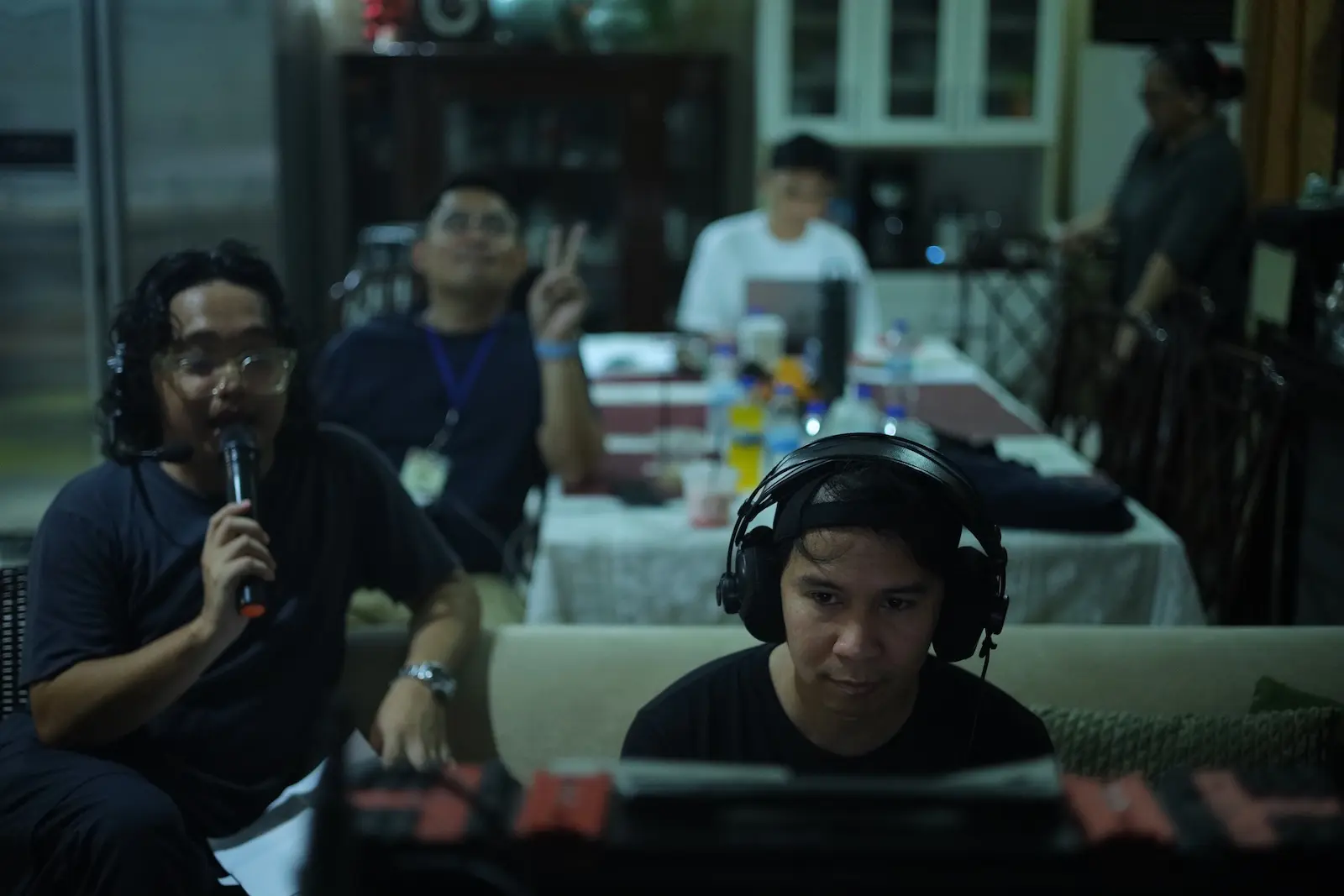
What draws you to telling these types of stories? Is it your own personal history, with your mother being a rebel leader during martial law?
In part, yes. But also in part kasi I always work with communities, even when I was very young. I worked with child laborers, student groups. I was the president of the Union of Catholic Student Councils for two years, and a San Beda Student Council president, too: I passed the Magna Carta during my term. So I was always conscious about social issues, not just because of my history, but also of my own actions as a student leader.
Of course, hindi siya common knowledge in the film industry that I used to be a non-profit [organizer], pero wala naman tatanong eh. That was actually my day job bago ako nagfilm… I was in non-profits, particularly those dealing with domestic work, human trafficking, and child labor.
In another life, would you have stuck to non-profit work?
Probably. I was doing really well there!
Do you think of filmmaking as a different type of activism?
Nagbago rin ‘yong perspective ko sa filmmaking after 2022 eh. Nag-uusapan palagi namin ito nung dalawang co-writers ko, si Zig [Dulay] at si Carlo Catu, na it’s slowly becoming a vocation or an act of service for us.
You can make money out of [filmmaking] by making certain kinds of movies. Pero for us, as we grow older, it feels more like ito ‘yong service namin to the community. That’s what I feel, at least, about the last two films that I made.
Tapos na ako sa era where I’m chasing critical acclaim, or awards, or being competitive. I know exactly why I want to make a particular film.
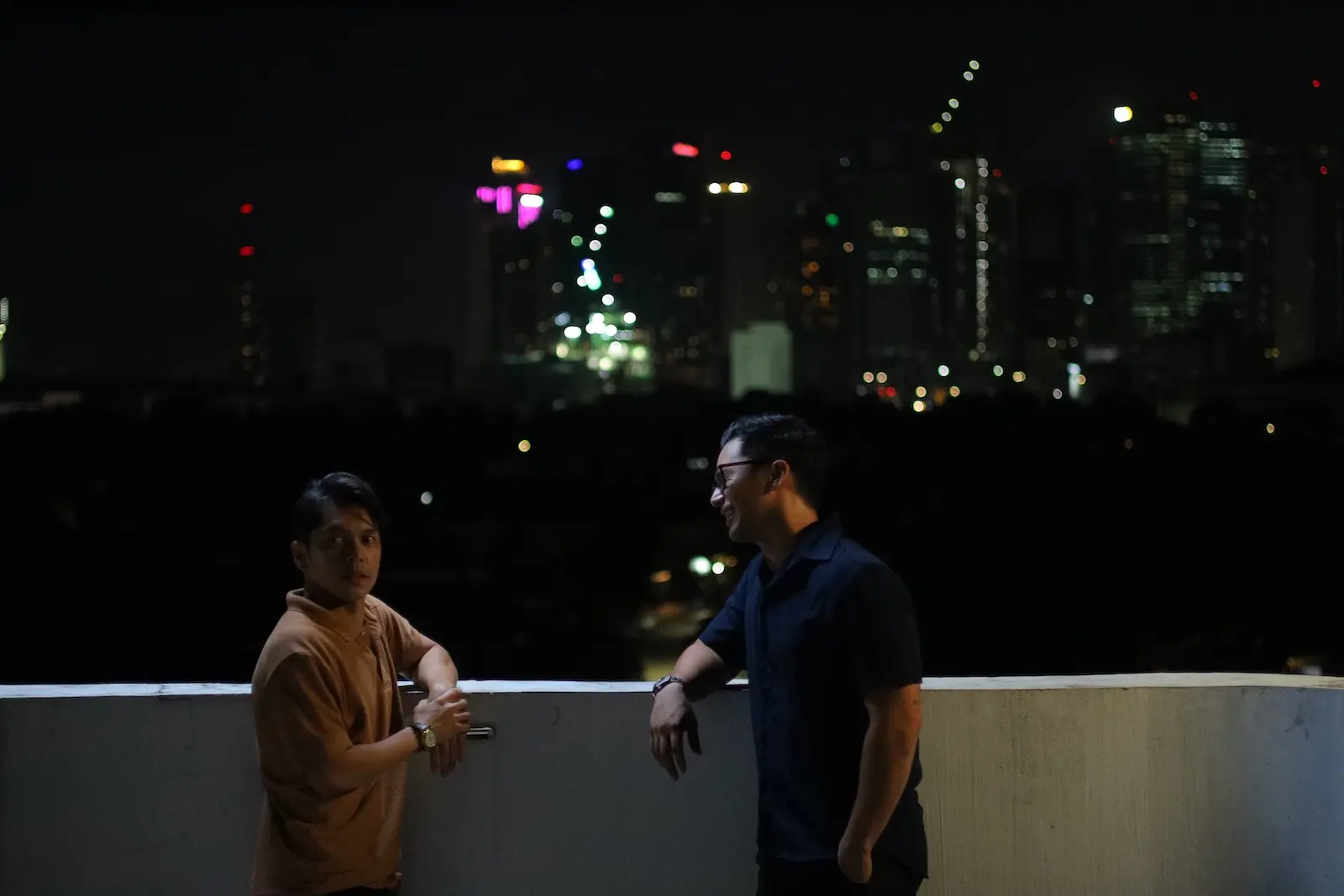
Your films tend to blend these heavy themes of social injustice with comedy. Do you feel like those usually go hand in hand when you write?
I think Oscar Wilde summed it up quite well: If you want to tell people the truth, make them laugh. Otherwise they’ll kill you.
For example, with Balota, the target audience I wanted to reach was people who don’t share the same political affiliations as me. And we were able to do that — we sold out in certain provinces na usually hindi mo expect masosold out kami.
My test audience for it was the working class: drivers, kasambahay, construction workers, police. I asked them what messages they picked up from it: aligned kami, pero hindi kami necessarily aligned to the people who believe the same things I believe. And we did well. We made a lot of money, surprisingly. We made multiple times our budget for that film, which wasn’t intended at all. Plus, in Netflix [Philippines], we were in the Top 10 for more than 30 days. We were also in the top in 9 other countries. So, naka-reach.
I’ve made a conscious decision to reach the audiences that I want to reach. I wouldn’t have done that pre-pandemic, or even pre-2022, as a filmmaker.
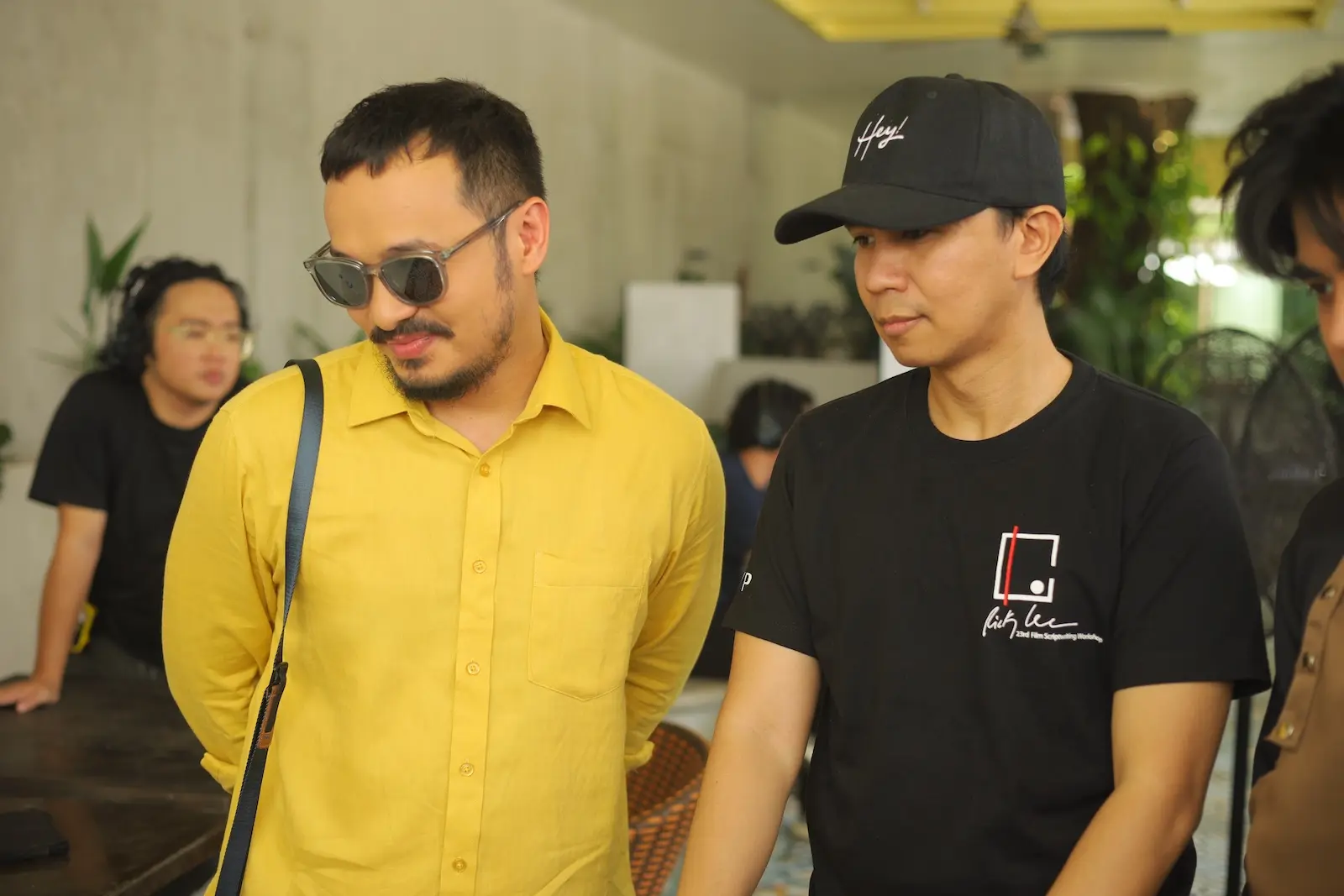
You’ve mentioned 2022 a few times. Do you split your career between your pre-2022 era versus your post-2022 era?
It’s not just my career. I consider my life split into those two points. 2022 was the year when martial law victims like myself realized that iba ‘yong tingin na nipunan sa amin. It was a very bitter pill to swallow for anyone who’s been through what I and my family have been through. Baka hindi kami as valued as martial law victims… hindi kami ang priority.
So that’s why tinanong ko kay Sir Ricky [Lee], na if you’re feeling hopeless, how do you make a film with hope? The answer was, you don’t make it for yourself, right? Kasi kahit disillusioned ka, doesn’t mean that you have to make a hopeless film. Part of what made that first [Bar Boys] so successful was the feeling of, “ang hirap ng buhay, pero may pag-asa.” May mga naipapanalong laban kahit na napakabulok ng sistema.


